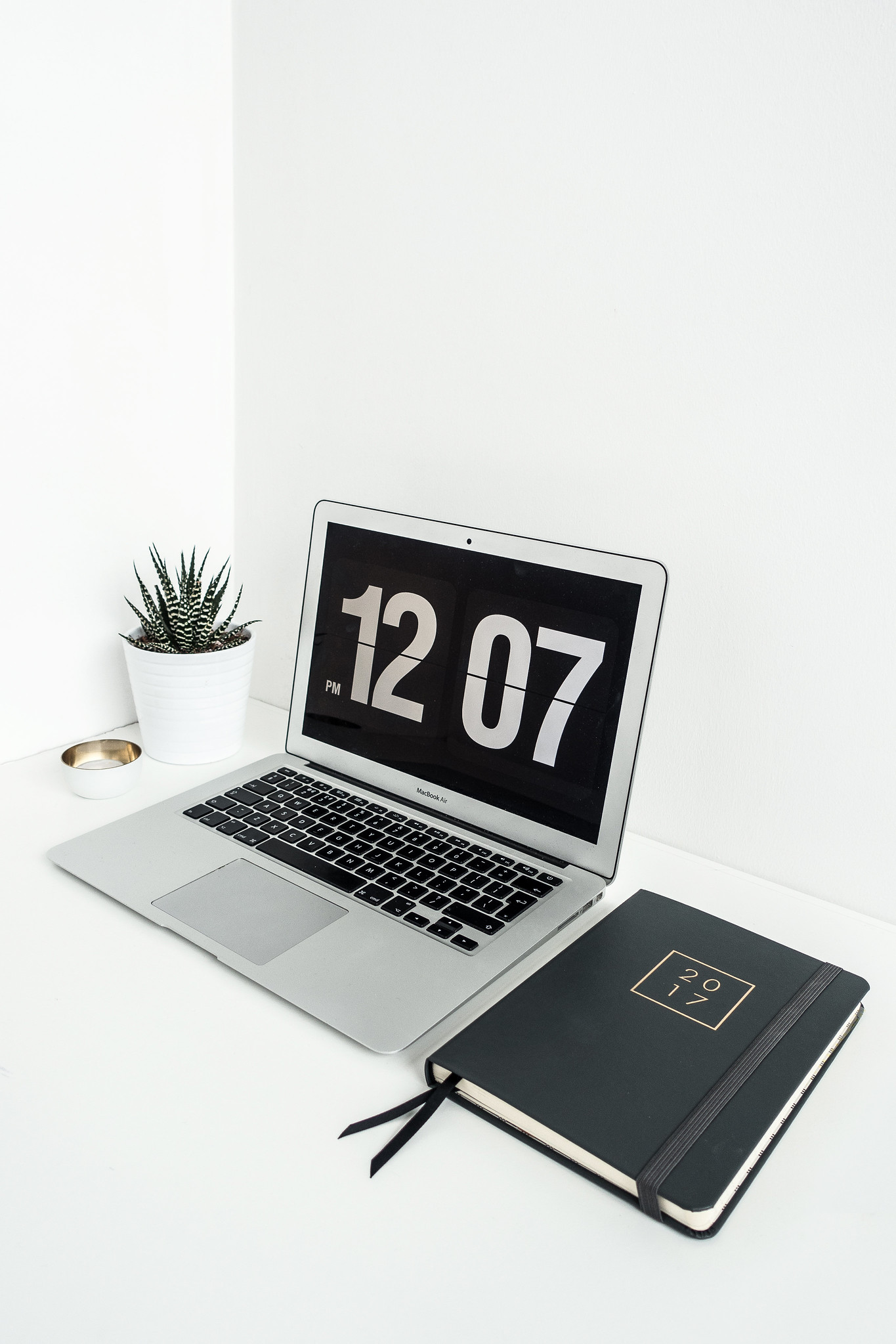
Decluttering our space and simplifying our lives dramatically influences our mental health and wellbeing. Physical belongings are often the easier and quickest things to do with because of their visual presence within our lives. However, as well as our surroundings we need to look inwards to deal with simplifying and decluttering our mental health as well as other non-physical hurdles preventing us from living a simpler life.
1. Friendship
One of the toughest, yet arguably the most important, when simplifying our lives is friendship. As our network grows so does the number of people we consider friends and acquaintances. The bigger that circle grows the more likely we are to encounter people we trust and respect, and who bring positivity and joy to our lives. But it’s also inevitable we’ll encounter those who don’t love or respect us, or over time take advantage of us.
It’s important to protect ourselves from destructive, negative, or selfish people. These toxic social interactions can impact our lives greatly and it’s crucial, for simplifying our lives, to tackle these negative connections we’ve formed. It can be very difficult to simplify our social lives and especially hard to end friendships regardless of how toxic they may be. It requires communication, patience, and learning to let go.
2. Obligations
There are endless things we feel obliged to do despite not wanting to do them. You might feel obliged to clean the house when friends visit; put makeup on even when you don’t want to; you might feel obliged to go to dinner with people you barely know, buy a present for your colleague’s birthday, or attend an after-work party even though you really just want to go home and have an early night. You are not obliged to do any of these things yet you do but it’s become a habit to say “yes” even when you want to say “no."
You’re not obliged to do things you don’t want to do, however, the embarrassment or awkwardness of refusing is too difficult to bear so you do them anyway. Simplify your obligations by learning to say, “no.” Refuse to feel obliged to "look pretty" or have an immaculate house when friends or family visit; they don't care what you look like, they're there to see you. Stop buying gifts for people you don't know because you feel it's expected of you and if you don't want to attend that after-work party, don't go.
Unnecessary obligations imposed by ourselves and other people are constrictive and limiting. It can be difficult to learn and awkward to put into practice but your life will feel less restrictive once you stop feeling obliged to do things you don’t want to do.
3. Guilt
Guilt for not completing our work; guilt for not speaking to our friends more often; guilt for not completing our chores; guilt over our appearance; guilt for not having a productive day; guilt for taking time out for a little self-care. There are so many reasons why we feel guilt on a daily basis and in the majority of cases it’s pointless yet so damaging.
Pessimism and negativity wears us down. Taking care of yourself, your body and your mind, is important, worthwhile, and not something we should ever feel guilty about. Stop, breathe, and invest in self-care minus the guilt.
4. Deadlines
There are certain deadlines we’re unable to change but those self-imposed ones that cause us so much strife? Those we can do something about.
If you’re always pushing to complete a project, execute an idea, or get something done by a certain deadline even though there is no reason why it can’t be left for the next day, give yourself a break. Putting so much pressure on yourself to hit self-imposed deadlines can be disastrous for your mental well-being. Focusing on urgent tasks and completing fewer of them is far more important than completing dozens of unimportant chores just for the sake of it.
Prioritise and simplify your time; ban yourself from creating unnecessary deadlines. If it can wait, let it wait.
5. Social Media
This deserves an entire post all to itself (and one is coming!) because social media is one of the biggest areas of our digital lives that benefits us when we regularly declutter and simplify our accounts and the way we use them. It’s one of the biggest and most important non-physical things we should declutter frequently.
If you use social media daily it can be a huge source of negativity and conflict if you don’t keep your feeds in check. Weeding out irrelevant sources, disinterested and uninteresting people, and feeds we no longer feel informed, uplifted, or positively influenced by maintains a stream of useful and beneficial information and engagement. When we let negativity fester in our social media streams, because of how frequently we view those sources, it can unintentionally affect our mental wellbeing. Reducing our use of social media as well as decluttering (or even deleting) our accounts can dramatically influence our experience when we interact online.